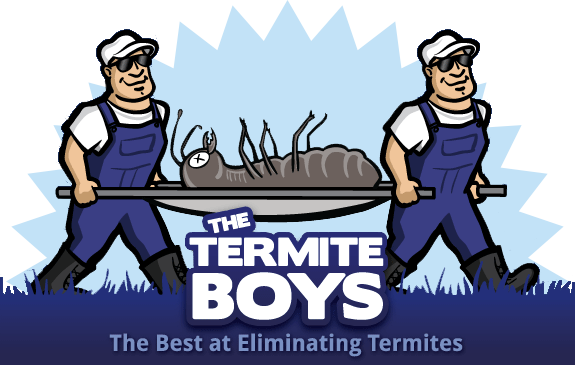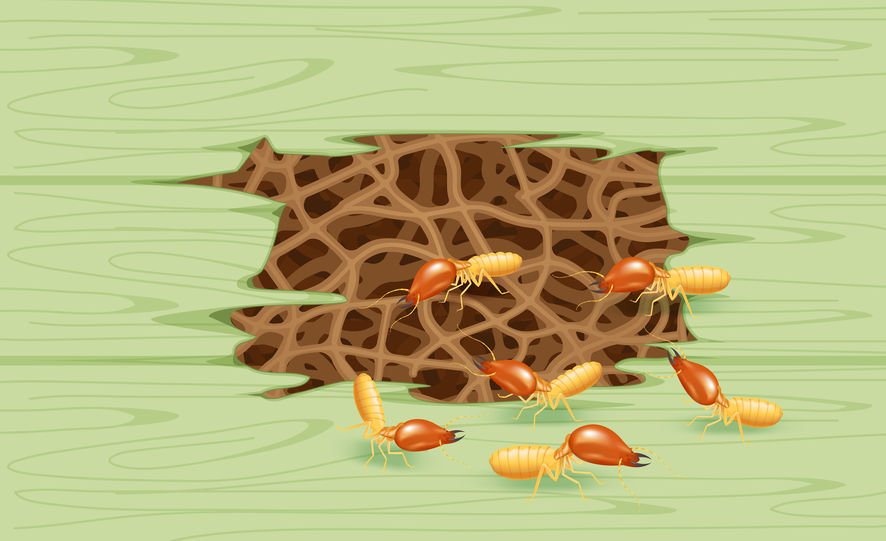Termites cause tremendous property damage all across the country, and preventing an infestation can be difficult. On top of that, if you have a termite proof home, and you plan to make some improvements or alterations, you will need to understand how these changes will affect termite control and inspections.
Termites hide very well when they infest a property and most homeowners will not be aware that there is a problem until a lot of damage has been done. Some of the signs that are the most obvious are swarmers (the reproductive termites that fly from their old nest in order to create a new one), wood that looks damaged or sounds hollow when tapped, and mud tubes, which the termites use to travel outside of their nests.
Pest control professionals will check for the signs of a termite infestation in certain areas of the home that are not covered by insulation. These areas include basements, attics, crawlspaces and areas near the foundation of the building. In these areas, the structural timber is uncovered, and it is here that the termite infestation usually starts.
If you live in an area that is prone to termite infestations, spray foam insulation might not be the best product to use in these areas of the home. Before deciding on which insulation to add to your home, make sure that you contact a pest control specialist for instructions on how to set everything up and which products to use. Spray foam insulation can make it hard to detect a termite infestation, and it also has the added drawback that termites will tunnel through it in order to gain access to the structural wood of the building.
Installing spray foam insulation may also void your warranty if you already have a contract with a pest control company. This can be a pretty nasty surprise after you’ve spent thousands of dollars on the insulation, on top of finding out that you are much more vulnerable now to a termite infestation.
So from a pest control perspective, you should avoid using spray foam particularly in the areas mentioned previously unless you consult a specialist first. Otherwise, you run the risk of incurring extra expenses after an inspection or a pest control operation. If you would like to know more information about insulation and how it affects the termite inspection process, contact us today with any questions you may have.

